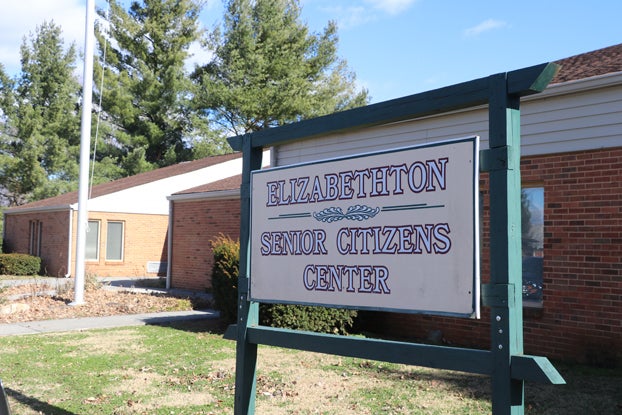Reece Museum will feature exhibit on Unicoi County’s farm heritage
Published 8:20 am Monday, October 13, 2014
An exhibition that traces the many changes that have taken place on Unicoi County’s farms since the early days of settlement will be on display at the Reece Museum at East Tennessee State University this fall.
“Unicoi County’s Farm Heritage, 1945-2014: Seeds of the Past, Seeds of the Future,” which focuses on the past 70 years and includes a 1949 Farmall Cub tractor, will run from Oct. 21-Dec. 12, with an opening reception to be held Thursday, Nov. 6, from 5-7 p.m. at the museum.
The exhibition is based on interviews conducted with 55 people from Unicoi County over a four-year period by 22 ETSU graduate students enrolled in the “Documenting Community Traditions” course (DCT) in the university’s Department of Appalachian Studies.
As soon as the ETSU students started talking to people in Unicoi County and digging into the historical sources, they discovered some surprising things.
“Normally, when we think of the history of agriculture in Appalachia, we imagine self-sufficient family farms where people grew just about everything that they needed,” said Dr. Theresa Lloyd, who taught the DCT course. But according to historian Dr. John Lewis, who joined Lloyd as a co-instructor for two years, even in the late 19th century, some Unicoi County farmers found markets for their excess products and bought a variety of items from merchants.
The exhibition’s main story is what happened to farms during the mid-20th century. Many interviewees who were farming at that time described the years after World War II as a “golden age,” when farmers were buying new tractors and future farmers were studying agriculture with Unicoi County High School agriculture teachers, such as Wayne Scott, founder of Scott’s Farms.
By the 1960s, though, small family farms dwindled, and large enterprises like Scott’s and Jones & Church Farms came to dominate the agricultural scene. Those agribusinesses, in turn, brought a new group of farm workers to Unicoi County, many of whom came from Guanajuato, Mexico. The exhibition includes interviews with two farm workers originally from Mexico who now make Unicoi County their home.
A number of the people interviewed by the ETSU students are enthusiastic about recent developments in local foods and small farming. From Ed and Janice Honeycutt’s Blackberry Blossom Farm in Limestone Cove to David Moore’s U-pick orchard on land reclaimed from I-26, these new farmers stress innovation along with stewardship of the land. As Ed Honeycutt told one ETSU student, “Take care of the land, and the land will take care of you.”
The “Documenting Community Traditions” course is a part of the Appalachian Teaching Project, an initiative of the Appalachian Regional Commission. In addition to conducting the interviews, students in the course designed a local foods brochure for Unicoi County and prepared the Reece exhibition. When the exhibit closes, the text panels and photos will be donated to the Town of Unicoi.
The Reece Museum is a division of ETSU’s Center for Appalachian Studies and Services. Admission is free, and regular museum hours are Monday through Friday from 9 a.m. to 4:30 p.m.
For more information, call the Reece Museum at 439-4392 or visit www.etsu.edu/cass/reece/. For disability accommodations, call the ETSU Office of Disability Services at 439-8346.





